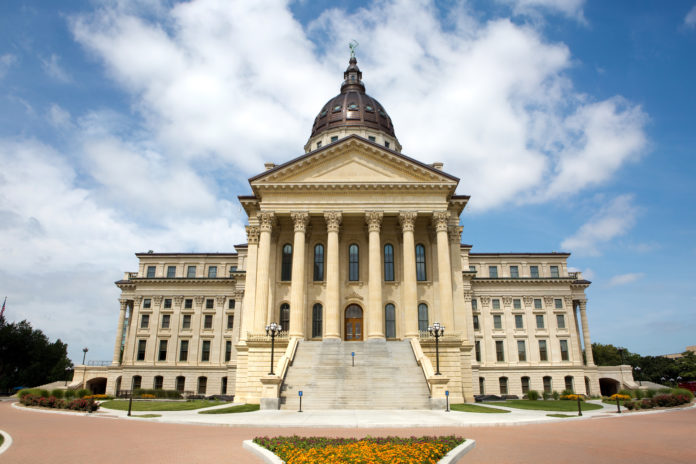Older Kansans To Have Greater Access to Services/Skilled Nursing As Legislature Fully Funded Medicaid for First Time in Many Years
TOPEKA, Kan – Kansas state legislators received a letter of thanks today for helping address a growing crisis for Kansas seniors whose access to care services including 24/7 nursing homes has been limited by the state’s Medicaid reimbursement rates for the care. LeadingAge Kansas, which represents faith-based and nonprofit nursing homes and aging services providers, released an open letter thanking legislators for recognizing the vital need to fully reimburse aging services providers for the true cost of delivering care to Kansas seniors. The decision to “fully fund” Medicaid means that the state will now cover the discrepancy in costs that Kansas’ aging services providers were spending to deliver care as Covid expenditures and other care expenses rose. In the last year, that difference was $86 million.
The full funding is critical to addressing shortages in staffing in nursing homes, assisted living communities and home-based care services.
“Over the last decade, and especially during the COVID-19 crisis, too many older Kansans and their families have suffered as nursing homes and assisted living providers have had to deal with serious workforce shortages and crises in funding,” wrote Rachel Monger, Chief Advocacy Officer. “The Kansas lawmakers who voted to restore $86 million in funding are helping to rescue many care providers from the brink of closure — and ensuring that older adults across Kansas will have access to the care they need in the place they call home.”
93% of nursing homes across the country are reporting a significant or severe staffing shortage (according to a recent national survey by LeadingAge). “Without enough nursing staff to care for new admissions, many homes including religiously-affiliated and nonprofit skilled nursing facilities (who are members of LeadingAge Kansas) are reporting waiting lists for residents,” Monger added. “Some report closing entire wings of their care facilities.”
Nursing home residents who have outlived their savings, or who are otherwise not able to pay for 24/7 long-term, residential care rely on the state’s Medicaid program to cover the costs for their care in nursing homes. When the Medicaid reimbursement rate does not match the cost of care, it makes it impossible for nursing home providers to offer better wages and benefits to recruit and retain nurses and nursing assistants, dieticians, and a whole array of care professionals needed for round-the-clock health and residential care. Full Medicaid funding from the Kansas legislature will help nursing homes pay for more wage increases and work incentives to help shore up the workforce that service providers desperately need for Kansas seniors and their families.





